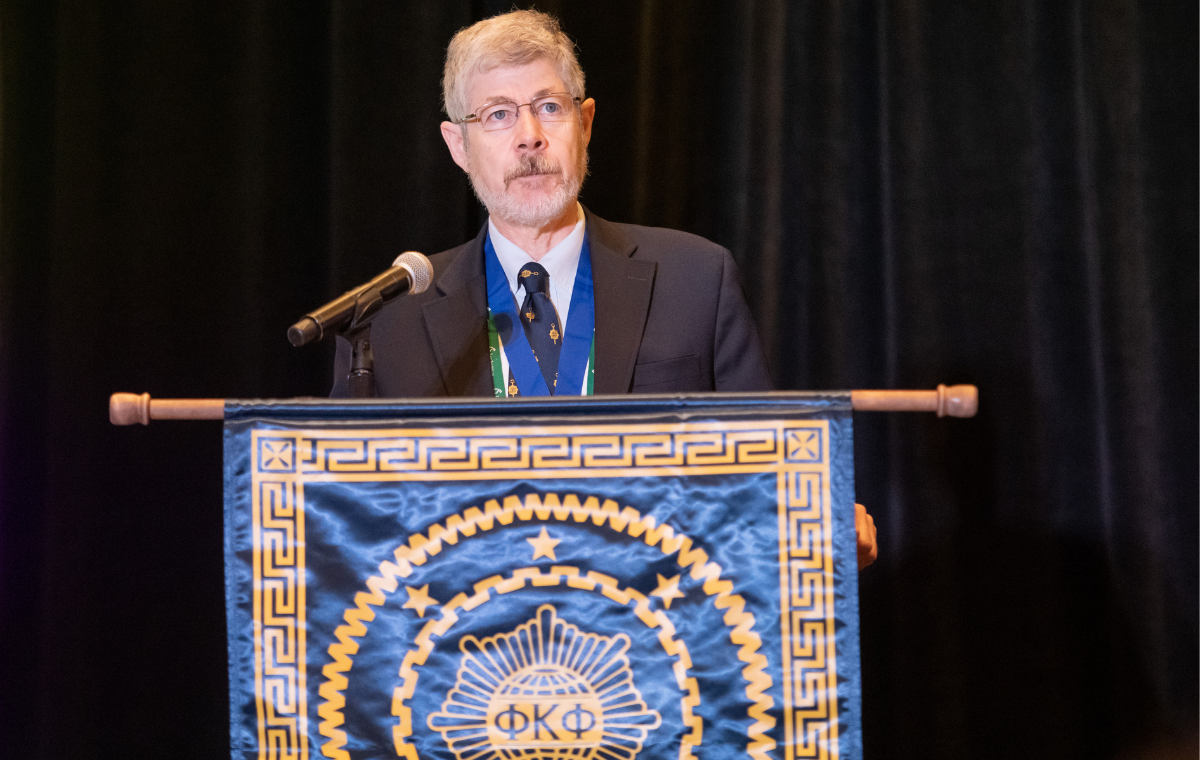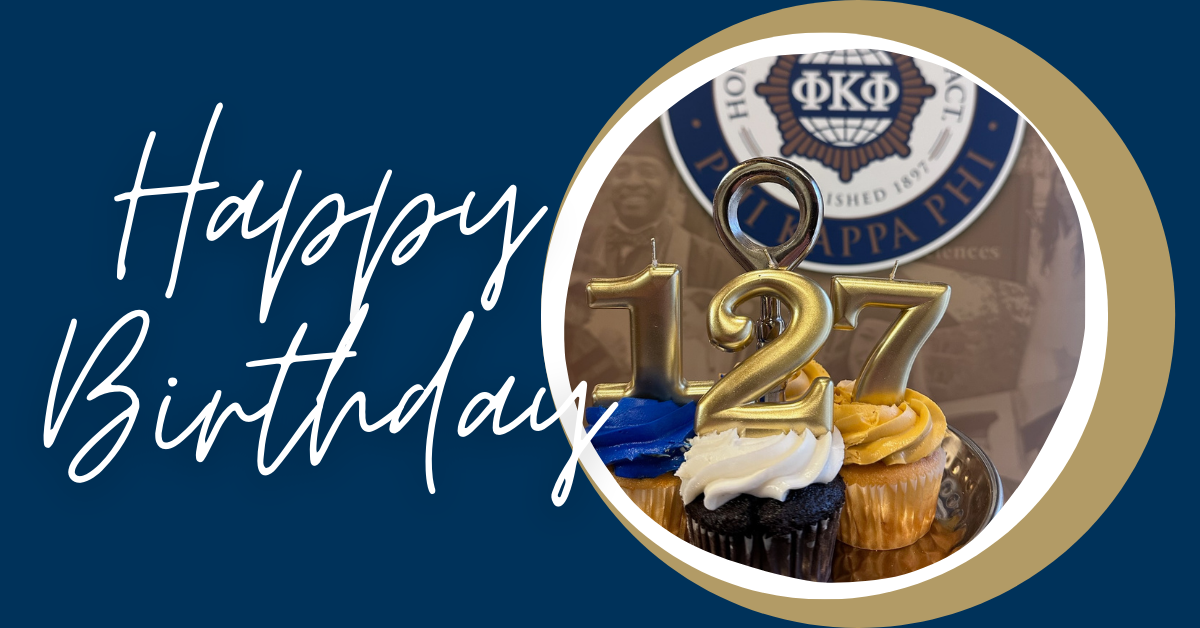News
Phi Kappa Phi’s Daniel Sandweiss Gets Top Science Honor

Daniel Sandweiss, who was Phi Kappa Phi’s national president from 2020 to 2022 and continues to serve on its national Board of Directors, has been elected to the National Academy of Sciences, one of the science community’s most prestigious honors.
Sandweiss, who’s slated to leave Phi Kappa Phi’s Board of Directors later this year, is a professor of anthropology and quaternary and climate studies and a cooperating professor of earth and climate sciences and global policy at the University of Maine, home to Phi Kappa Phi’s founding chapter.
“Members are elected to the National Academy of Sciences in recognition of their distinguished and continuing achievements in original research,” the NAS tells visitors to its website. “Membership is a widely accepted mark of excellence in science and is considered one of the highest honors that a scientist can receive. Current NAS membership totals approximately 2,400 members and 500 international members, of which approximately 190 have received Nobel prizes.”
As the Academy also points out, membership in its ranks involves a high bar: “Because membership is achieved by election, there is no membership application process. Although many names are suggested informally, only Academy members may submit formal nominations. Consideration of a candidate begins with his or her nomination, followed by an extensive and careful vetting process that results in a final ballot at the Academy's annual meeting in April each year. Currently, a maximum of 120 members may be elected annually.”
“I am an archaeologist interested in maritime adaptations and climate change in Latin America,” Sandweiss notes in his faculty profile. “Most of my research has been carried out on the desert coast of Peru, but I have also worked in Central America (Honduras and Guatemala) and in Cuba.”
Sandweiss often combs the past for insights into how early societies might have reacted to climate change. “My research has included developing a variety of techniques for identifying ancient El Niño events,” Sandweiss explained. “I have also worked on the archaeology of complex, late prehistoric sites in Peru, studying such topics as the role of specialized fishermen in the Inca empire and the nature and function of a major regional center on the north coast. I continue to evaluate the hypothesis that the north Peruvian coast experienced major climate changes involving El Niño frequency at about 5,800 and 2900 years ago.”
“I am incredibly happy – and stunned,” Sandweiss said of his new membership in the National Academy of Sciences.
Sandweiss has been active in numerous scientific organizations beyond NAS, including as a fellow of the American Association for the Advancement of Science and the Geological Society of America.
In recognition of his Phi Kappa Phi service, Sandweiss will be profiled in the summer issue of Forum, the Society’s magazine.


